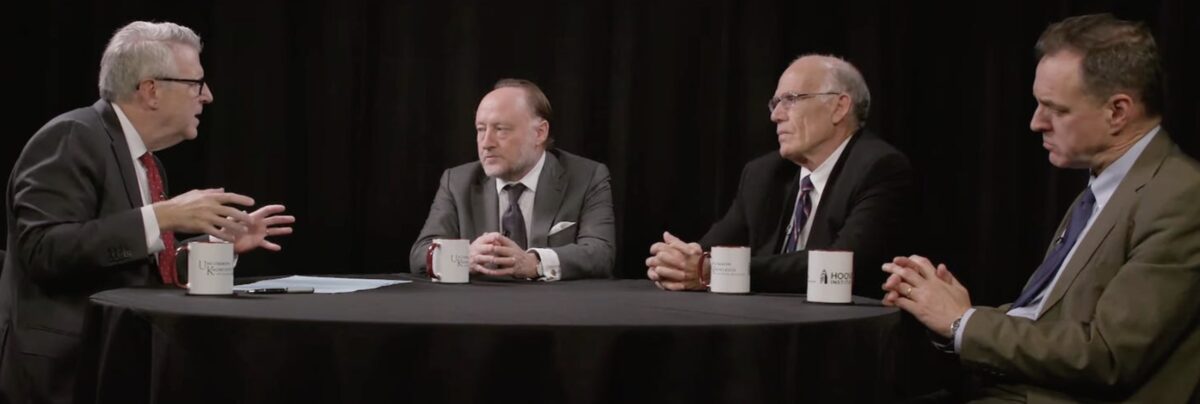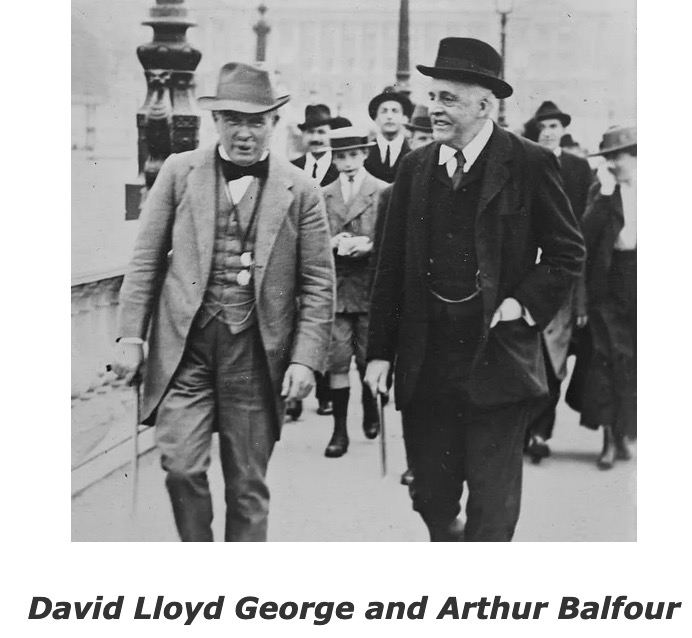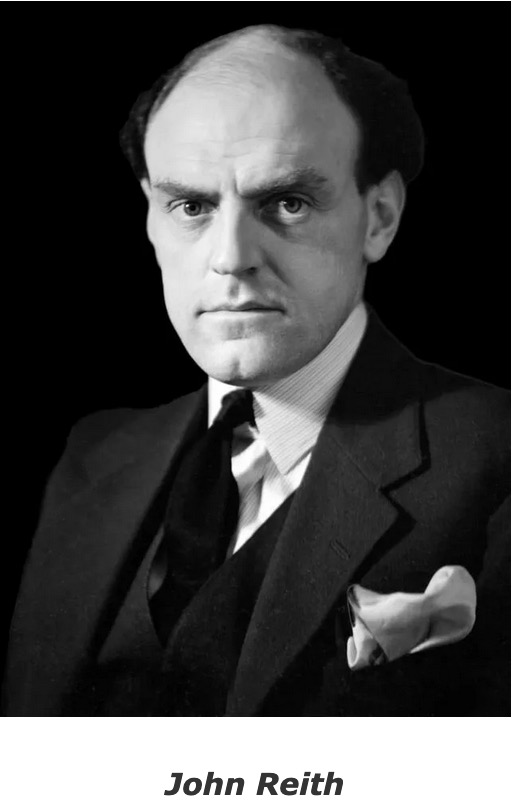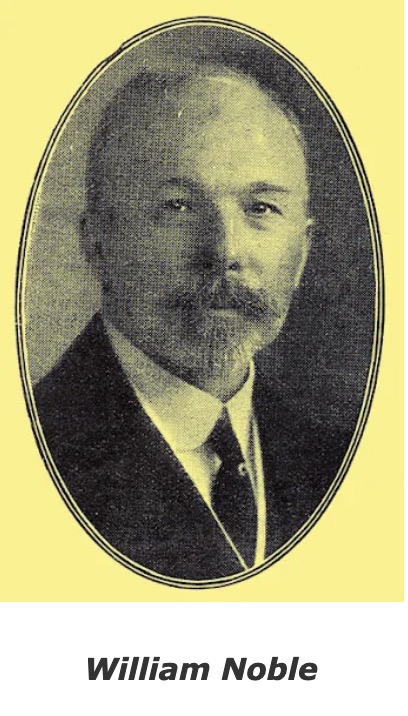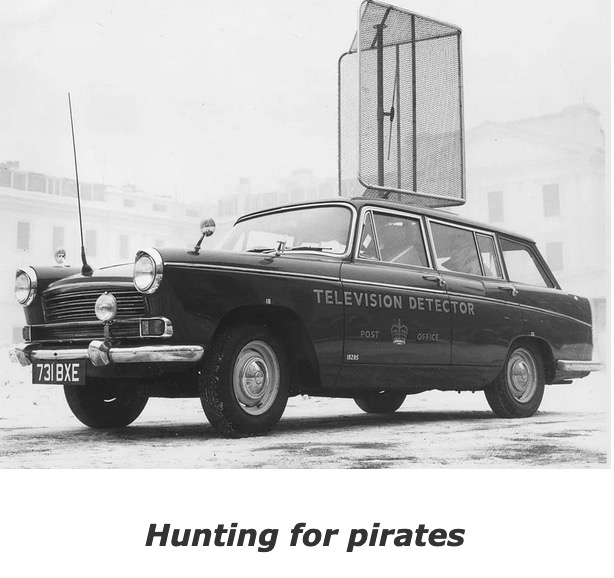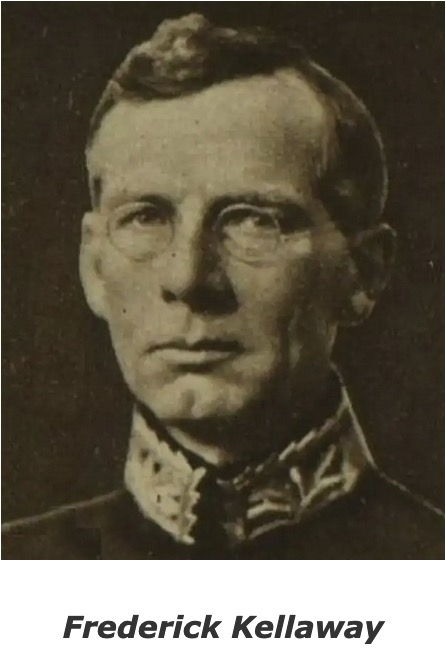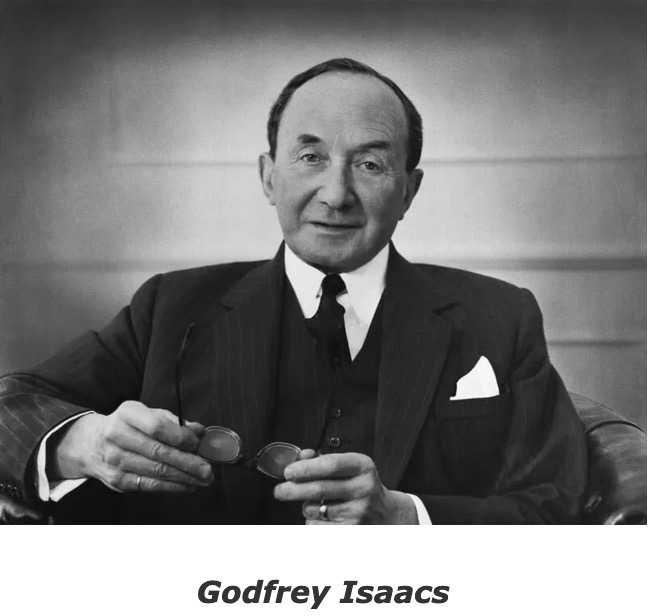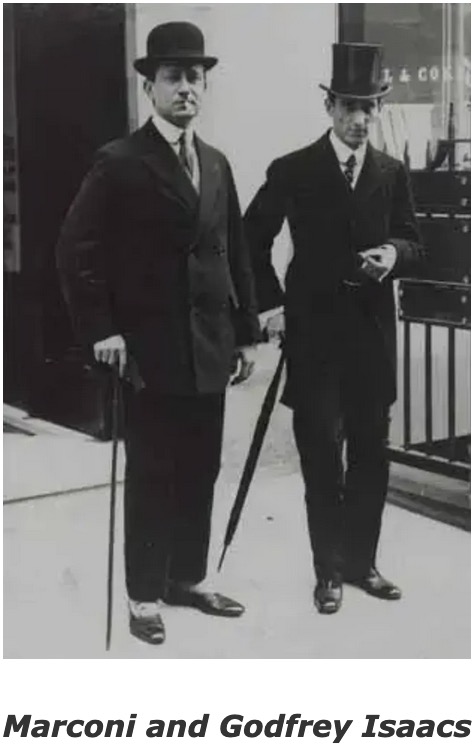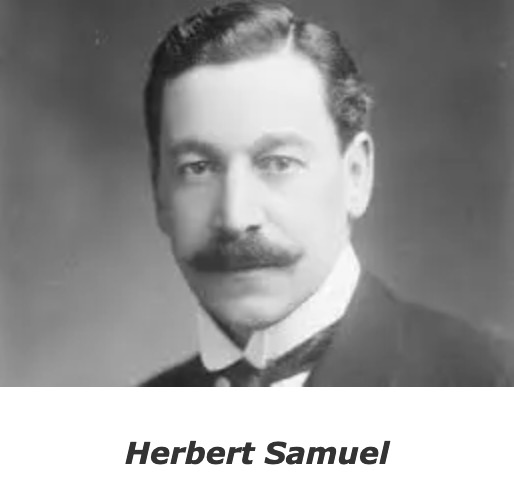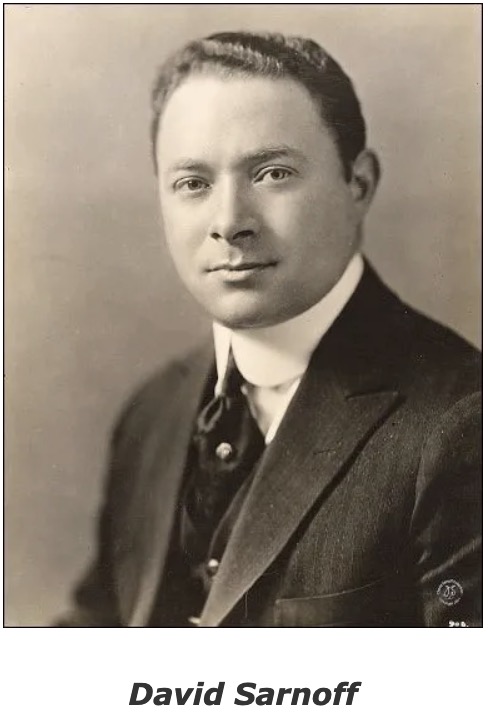Author’s note: What you will read here is NOT a call to hate anyone. This subject easily arouses strong feelings on either side of the argument, but hatred and violence are not the answer. We must dispassionately argue our case before our co-racialists here and abroad until we can be satisfied that our message has successfully been received and understood. Our anger must continue to be directed exclusively towards those organisations and individuals who are working tirelessly to destroy this great country and the White people whose ancestors have created it.
Philip Gegan
Now that the perpetuator of the Southport murders has pleaded guilty and been sentenced on all charges, comment on the case is no longer restricted by the rules of sub judice. Over half a year has passed since the son of Rwandan migrants, one Axel Rudakubana, murdered three small girls aged six, seven, and nine, at a Taylor Swift themed dance class. So we can now look at this case in a more detached and unemotional way than others have done before us.

In January 2025 Rudakubana was sentenced to a minimum of 52 years in prison on three counts of murder, 10 of attempted murder, and further counts of producing ricin, possessing terrorist material, and possessing a knife. All his victims were White. The organisers of the event, in whose charge these little girls were, acted with incredible bravery in trying to protect them. Many of them are now scarred for life – both physically and mentally.
Government and media reaction to the Southport Murders
The reaction of the government to these murders (and the spontaneous riots that followed) were as predictable as they were pathetic.
Whilst condemning the murders and murderous assaults (as they surely had to), Kier Starmer, Home Secretary Yvette Cooper, and the rest of the Labour leadership focused their wrath, not on the killer or the reasons why he was here in our country in the first place, but on the spontaneous riots and other protests that took place in the immediate aftermath of the killings. And the main targets of their venom, needless to say, were the ordinary White folk who formed the vast bulk of the protestors.
This was a shameless attempt to shift the blame for the unrest from themselves and the rest of the multi-racial establishment onto “far right thugs” – the now-famous phrase that both Starmer and Cooper used to describe the protestors.
There was no effort by them to examine the reasons why the Southport murders took place, or ask whether there might have been some valid reason for the protests. They simply assumed that they were in the right and that anyone who disagreed with their insane policies of open borders and their failure to take even the most basic of steps to protect British citizens in their own country were “racist”.
The bigger picture
We need to put the whole matter of the Southport murders into perspective. And that perspective is that millions of racial aliens and their descendants now live in our country, vote in our elections, and enjoy all the advantages of native Britons. Indeed, they not only do that, but in many instances are treated in a preferential way compared to ordinary folk whose ancestors have lived in these islands for countless generations.
And this is, as they say, on-going. There’s no plan to halt the uncontrolled torrent of racial aliens pouring into our country. So it’s getting worse all the time. And all the while the establishment parties retain power at Westminster, and establishment journalists remain in control of the mass media, there’s absolutely no end in sight.
It’s not as if these migrants confer any benefit on us or our country by being here. All they do is enable big, and often foreign owned, businesses to employ cheap labour that squeeze our working people out of their jobs.
They jostle with us in town centres, compete with us for housing, worsen our traffic jams, crowd our criminal courts, prisons and hospitals, and compete with our children for school and university places (with the required standards being lowered so as to ensure “inclusivity”).
They tend to depress our culture with their own peculiar sub-cultures, of which Islam is just one. And our treacherous politicians use them as an excuse to carry out a frightening erosion of our liberties through the proliferation of the woke culture of “diversity, inclusivity and equity/equality”.
When were WE asked?
This in turn is used by Marxists, communists, and all the riff-raff of the Left to destabilise and eventually destroy our great country.
And all this without a shred of consent from us, the native population of these islands. We have never been asked if we consent to the importation of thousands, turning into millions, of non-White migrants, over the years.
Whenever some brave White person has stood up and publicly called this lunacy into question, what do the multi-racialists of the Left do? Do they call for a public debate so that the whole topic can be aired and they can put their peculiar case up against ours for the people to decide? That’s what democracy is supposed to be all about. Do they make any effort at all to understand the fears of millions of ordinary Britons living in their own country in the twenty first century?
Of course not. On every occasion, from Sir Cyril Osborne in 1957, to Enoch Powell in 1968, to the National Front in the 1970s, the BNP in the 1990s and Patriotic Alternative in more recent years, the reaction has been to scream abuse, organise physical violence, and make threats against public opponents of multi-racialism. On a more sinister level, anyone speaking up in public has often found themselves in trouble at work, and facing unemployment and, if they are a professional person, the termination of their career.
The Government is living in fear
This brings us back to the question of who these “far right thugs” are. Many of them, including those now serving long prison sentences out of all proportion to any damage or injury they may have caused, are middle aged and had never been on a demonstration before in their lives. Others are ordinary housewives and mothers, and working men who know little about politics and just cannot understand why successive governments should act in such a treacherous manner.
These are the people that Starmer and Cooper fear, and have threatened with “the full force of the law”.
Such a reaction is what you would expect from a government that is fearful of having to eventually face the consequences of their anti-White behaviour. Starmer is a weak man trying to act like a strong man. He is a frightened man trying to act like a brave man. He is a man of modest intellect trying to behave like an intelligent man. He is a man of no charisma trying to emulate a popular, charismatic leader. And his reaction, and that of the rest of the Labour leadership, betrays that they are hiding something very important.
What are Starmer and Cooper hiding?
Undoubtedly one of the things that they are hiding is the Prime Minister’s personal and professional involvement, in his previous career as a high ranking barrister specialising in “human rights”, in representing illegal migrants in the High Court on appeals against deportation. Thereby, he personally bears a considerable share of the blame for the appalling race problem that we in this country now all face. Naturally, he seeks to suppress, as far as possible, any mention of this in the media, mainstream or social. In other words, he doesn’t want anyone else to find out.
Whilst some social media postings have claimed he represented Rudakubana’s father in such a case, this has been denied by Downing Street. It is true, however, that in the 2000s Starmer was a senior human rights barrister at Left-wing Doughty Street Chambers specialising in the representation of failed asylum seekers. This was and still is a racket, and he undoubtedly made a great deal of taxpayers’ money taking part in it.
Now, some twenty or so years later, the Southport murders have laid bare the strength of public feeling against something that Kier Starmer has spent much of his adult life working for – the mass migration of non-Whites into our country. And they have also shown us the breathtaking lack of any idea that establishment politicians have about how to deal with this crisis.
Oppression and tyranny
What we see in their reaction is fear and panic. That’s why they immediately attacked the protestors, rather than made any attempt to examine the reasons why some sections of the public have reacted so passionately against these killings. They displayed all the hallmarks of oppression and tyranny.
The reasons that I have just mentioned are, for the most part, quite simple. The whole multi-racial concept has been shown for what it really is – a highly organised and deadly covert attack on White people in their own countries.
I don’t see any non-White countries being overwhelmed by an incursion of millions of White people. The population of non-Whites in their own countries is not shrinking as is the numbers of White people in White countries. On the contrary, it is invariably and rapidly growing in numbers.
And in White (or formerly White, now “multi-racial”) countries such as Britain, the number of Whites is invariably shrinking and the number of non-Whites is invariably growing, year after year.
In twenty first century Britain, illegal migrants (nearly all of them non-White) with few legitimate skills, are not detained on arrival and then sent back, as would be the case in any country run by sane and intelligent people.
Instead, they are given smartphones, with ongoing fees paid, weekly free cash and four-star hotel accommodation at the expense of the taxpayer. You just could not make this stuff up. Meanwhile, what happens to our own people, especially the poor and elderly? They have their winter fuel allowance – vital in the face of exploding energy prices – for the most part abolished.
So when three little White girls are savagely slaughtered with a machete in an act of sheer terrorism, their carers attacked, also with a machete, and the culprit is seen to be most likely of immigrant stock (the mainstream media tried at first to convince us that he was Welsh!), it’s not hard to understand why there should be such a violent backlash by working White people.
Only small, independent outlets give us a voice
Whilst this Labour Government has taken our country sharply towards a tyrannical, oppressive future, we have seen little effective opposition to it in the newspapers or magazines, or on the radio or television. It’s only on small, independent outlets such as GB News and Talk TV, and on social media, still largely uncontrolled by the Left and its allies, that the fury and anger of White people can be articulated. Sadly, many have now fallen victim to the absurd “hate” laws, now being used against, not just patriots and racial nationalists, but ordinary folk who have not been particularly interested in politics until jolted into action by the Southport murders.
Public opinion is turning in our favour
As the behaviour of our politicians and civil servants has become more and more extreme, blatantly giving favourable treatment to foreign migrants and treating ordinary working white people with contempt, so has the groundswell of public opinion turned against the establishment parties.
Suddenly the very idea of sharing our small country with millions of third world unskilled, and often illiterate, people of predominantly low intelligence, with no work ethic, no loyalty to this country, no knowledge of or interest in its history and traditions, and many of them following a religion that is menacing towards those who decline to convert to it, is attracting a large and hostile opposition.
And, we might add, not before time.
The outcome
One of the outcomes of the Southport murders has been the meteoric rise in popularity of the Reform UK party, which presents itself as the natural solution to the frightening problems now facing us. Yet this is a party that is populist in outlook, and refuses to recognise the race factor in our present troubles.
Is this because they want a “quiet life”? Because they don’t want any aggravation from the usual suspects (in contrast to what we in the National Front had to contend with in the 1970s)?
Current opinion poll movements suggest that Reform UK may have a real chance of winning power at the 2029 General Election (assuming that this government lasts that long). Do they plan to ride to power on the back of popular reaction to multi-racialism whilst avoiding the fury of the organised Left by leaving aside the awkward question of race?
It seems they are desperate to avoid accusations of “racism”, so they don’t have to jostle with hostile Trotskyists and all the rest of the red rabble on the streets in order to get their message out, and suffer all the indignities, including hostile media reporting and physical threats and violence, that go with it.
Where to go from here?
If they have this clever plan and it works, what will they do if they achieve their objective of becoming the governing party of Britain?
I believe they would have no alternative but to grasp the nettle and tackle the race problem. Even then, it may be too late. They will have to contend with a background of civil war and strife such as has never before been seen in this country. They will have to pursue their programme in an environment where there will be no room for prevarication. Only strong and bold decisions will prevail. Any weakness in the actions that will have to be taken will result in the death of the White race in Britain and the total collapse of civilisation in this country, and possibly the whole world.
If this forecast is correct, and the likes of Nigel Farage and his supporters can grasp the reins of power, will they have the grit, the ability, in the chaos that will undoubtedly surround them, to fight and win?
Only time will tell.

